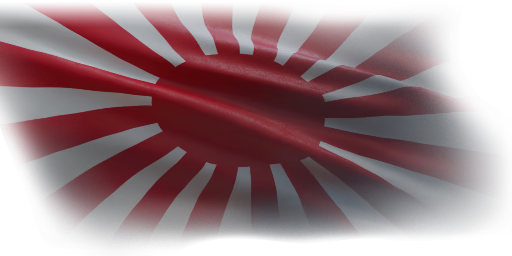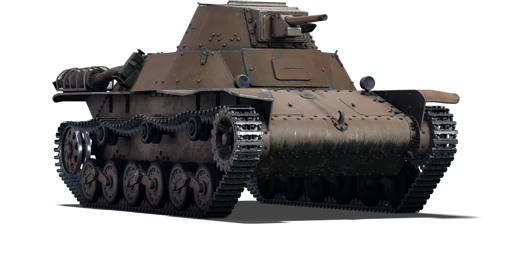

The Ke-Ni was a light tank prototype to replace and improve on the Ha-Go, built with a smaller silhouette and primarily focused as a light tank instead of a general purpose tank like the Ha-Go. It included some unconventional design choices for a Japanese tank: due to the small size of the tank and only having a driver in the hull, the machine gun was moved to the turret in a coaxial mount, and it had armour improvements and a Christie suspension. While a very promising tank, high command didn't feel the need to replace the adequately performing Type 95 Ha-Go's against the little Chinese armour they faced.
The Ke-Ni was introduced along with the initial Japanese Ground Forces tree in Update 1.65 "Way of the Samurai". Being a small and zippy tank, it plays very similarly to the M22; while the cannon isn't completely up-to-par, it does offer APHE to deal some post-penetration damage. It's best used in flanks and hitting enemy tanks from the side.
| Ammunition | Type | Armor penetration (mm) at a distance: | |||||
|---|---|---|---|---|---|---|---|
| 10 m | 100 m | 500 m | 1000 m | 1500 m | 2000 m | ||
| APHE | 47 | 44 | 32 | 22 | 15 | 10 | |
| Belt | Belt filling | Armor penetration (mm) at a distance: | |||||
|---|---|---|---|---|---|---|---|
| 10 m | 100 m | 500 m | 1000 m | 1500 m | 2000 m | ||
| AP/AP/T | 13 | 12 | 7 | 3 | 2 | 0 | |








Mobility | |
|---|---|
Protection |
|---|
Firepower |
|---|